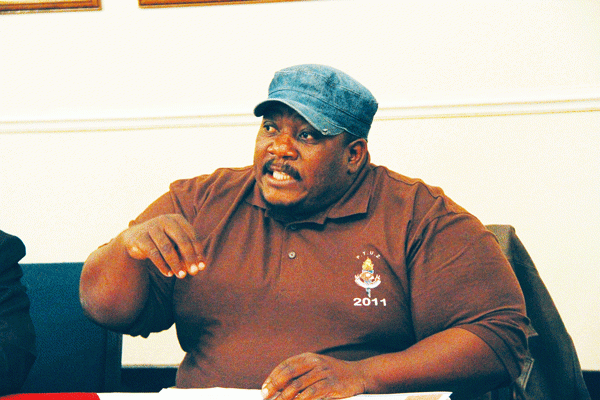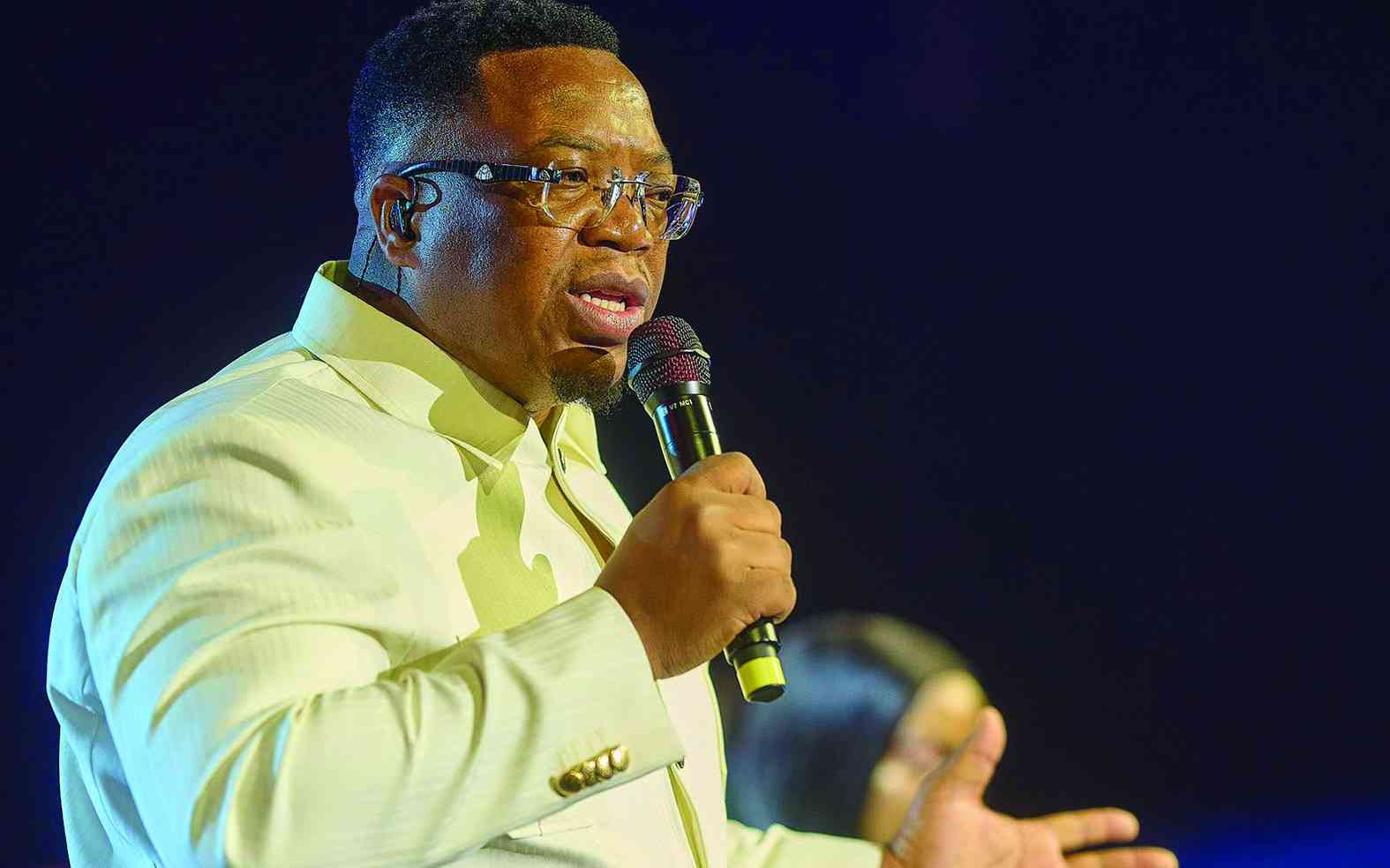
TEACHERS’ representatives have accused government of employing “divide and rule” tactics by paying junior teachers more than their seniors, NewsDay can report.
The senior teachers and administrators described the move as a tactic to instil fear and silence dissenting voice in the education sector.
At the moment, school district and provincial inspectors are earning around $80 000 and US$250, while a junior teacher is taking home $160 000 and US$250.
Zimbabwe National Union of School Heads secretary-general Munyaradzi Majoni said the salary discrepancies within the sector were a sign that government was imposing salary decisions on workers.
“It shows that there was no consultation between the government and its workers. We did not agree on a salary increment with the government,” Majoni said.
“This has resulted in distortion and discrepancies in salary payment, a situation where administrators are among the least paid workers. We want the government to go back to the basics and sit down for genuine salary negotiations whose outcomes are favourable for both parties.”
Progressive Teachers Union of Zimbabwe secretary-general Raymond Majongwe said the salary discrepancies had resulted in senior officials failing to stamp authority at workplaces.
“Government has abandoned the usual salary grading system on paying workers and this has caused serious disharmony within sectors. How can administrators enforce a good working ethic on the juniors who earn more than them?” he said.
- TeachersforED swoops on school heads
- Govt bigwigs cash in on staff transfers
- ‘School heads cash in on Form One places’
- Govt circular irks teachers
Keep Reading
“We are not saying the juniors should not get high salaries. Even if they earn more than their bosses, the salaries are meagre. We want the government to pay its workers decent salaries, but also for them to revert to the normal grading system where workers are paid according to their ranks.”
Public Service ministry secretary Simon Masanga referred all questions to Public Service Commission secretary Tsitsi Choruma, who could not be reached for comment.
On Friday, the salary negotiating meeting between the government and the Zimbabwe Congress of Public Sector Trade Union under the National Joint Negotiating Council ended in a deadlock after workers refused to endorse the salary increment that was offered by government.
Government last month effected a 100% increment on workers’ local currency earnings plus a US$50 increment, which will see the least paid earning around $80 000 and US$250, but the workers’ representatives said the salary increment was not agreed on.
Teachers have also accused government of sidelining them when it increased salaries of nurses, soldiers, police and prison officers by more than 400%.










